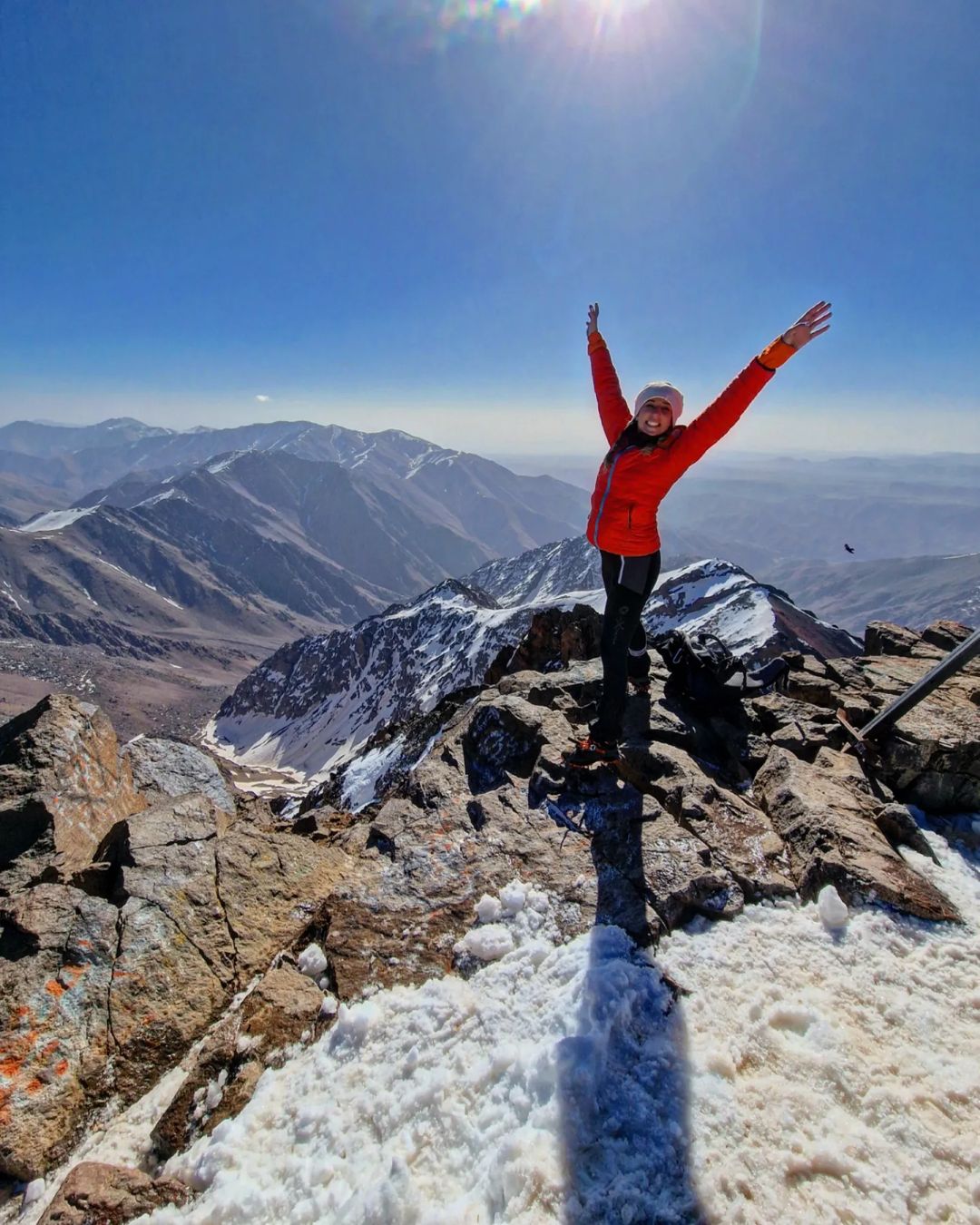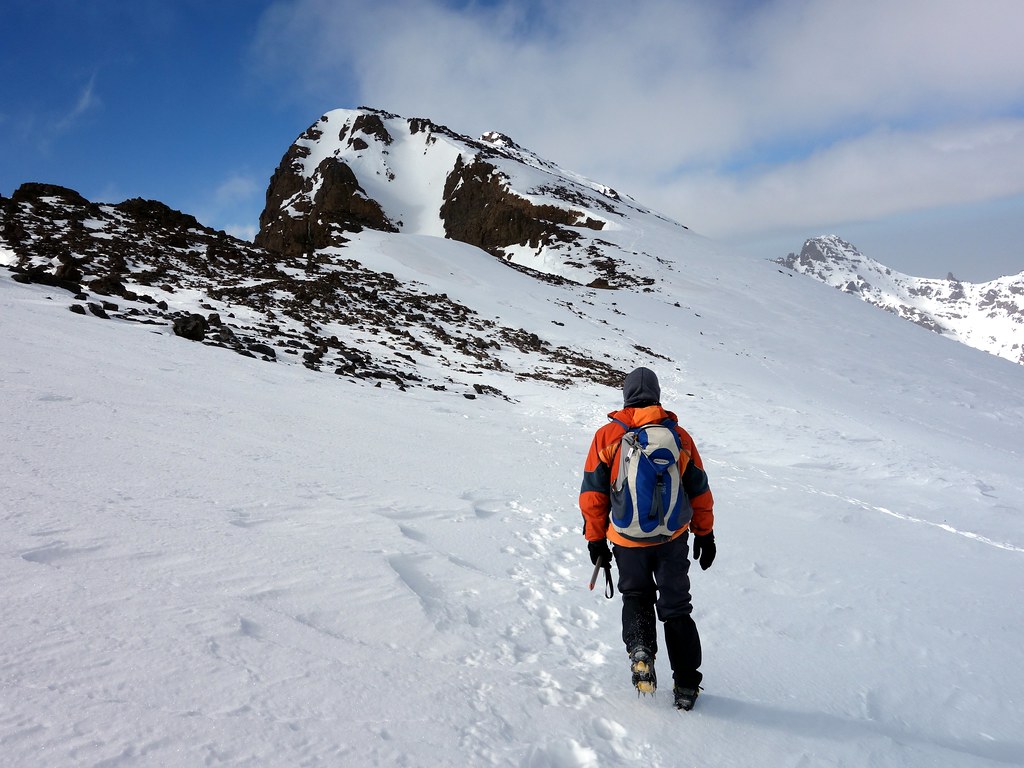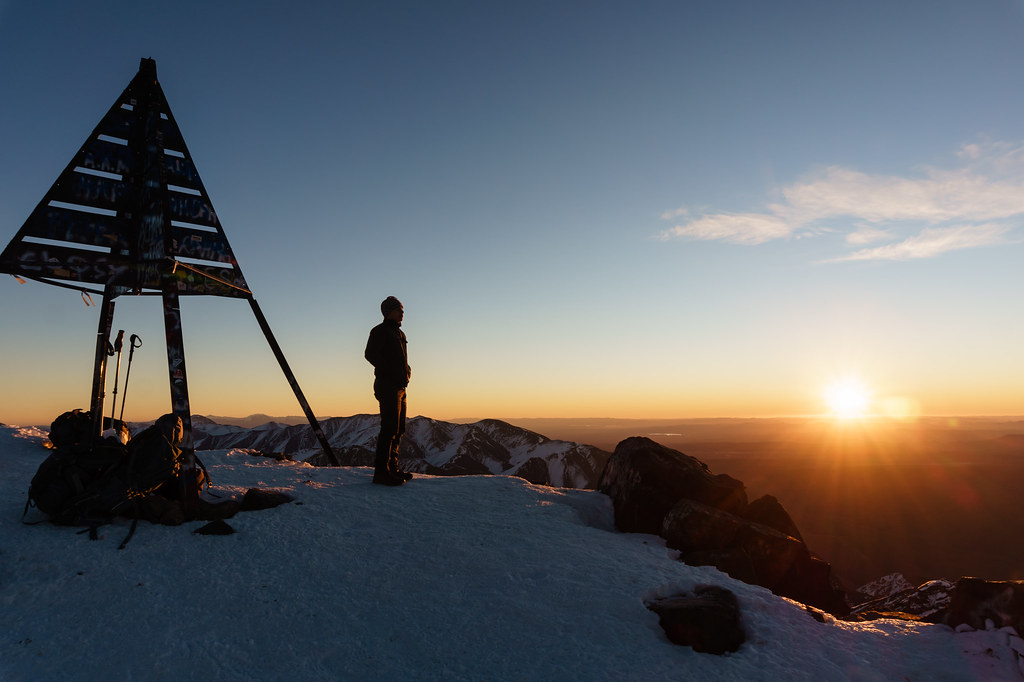3 days toubkal
Mount Toubkal, North Africa’s largest peak and that of the Atlas Mountains. This trek to Toubkal can be an incredible adventure! Typically, to do it in a three-day hike, you would take a couple of days to reach the summit and one to descend; of course, it depends on where you’re starting and what route…
Overview
Mount Toubkal is the highest mountain in the Atlas Mountains and North Africa. If you take the tram to the summit of Toubkal that can be an experience of a lifetime! Climbing Toubkal in three days would typically mean two days of ascent and one day of descent depending on the starting point and some trail options.
What Trip Includes
What Trip Excludes
Itineraries
Mount Toubkal is the highest mountain in the Atlas Mountains and North Africa. If you take the tram to the summit of Toubkal that can be an experience of a lifetime! Climbing Toubkal in three days would typically mean two days of ascent and one day of descent depending on the starting point and some trail options.
Once your transfer from your accommodation in marrakech is complete, you’ll begin your trek from Imlil, which is a village located in the Atlas Mountains and is a popular departure point for Toubkal. Your trek to the Toubkal Refuge will take around 5-7 hours depending on your ability and fitness, where you will stay for the night to acclimatise yourself to the height.

In the early morning, begin your climb to the summit. This is a challenging climb, especially the last section, but the views are worth it. Take time to enjoy the summit before re-tracing your route back down to the refuge. Whether you choose to stay another night at the refuge or descend further will depend on how much energy you have left and your timetable.
Return back to Imlil from the refuge. Generally about 4 to 5 hours. After that, you can enjoy a breather and celebration of your success, and maybe just check out the village before you head off to your next destination.
FAQ
Mount Toubkal is the roof of North Africa at 4,167 metres (13,671 feet) . It is located in the Moroccan part of the Atlas mountains and is a trendy place to go for a trek or adventure.
The trek is considered to be moderately challenging. It requires no technical climbing and you do not have to be a mountaineer at all, but you must be ready for steep descents and ascents – there is no escape from the sheer mountain! You must also be ready for changes in weather. Normal fitness and uncertainty around the level of fitness is useful, however some experience of hill walking is a good idea.
Your equipment will depend on the duration of your trek to Mount Toubkal, and the season, but generally speaking, the following is useful to take: good hiking boots, good clothing (to deal with hot temperature changes), waterproof jacket, hat and gloves, sunscreen, sunglasses, sleeping bag , backpack or rucksack with hydration system or bottle, snacks and toiletries.
While trekking Mount Toubkal independently is an option, hiring a guide is strongly recommended due to safety and to enhance this experience. A guide can provide important information about the culture and environment.
The best time to trek Mount Toubkal is April to October when the weather is generally more stable, and the routes are more accessible. Climbs during the winter months are possible but you will need additional equipment, such as crampons and ice axes, due to the snow and ice.
On the trek, you will have accommodation in mountain huts or a gîte d’étape (guesthouse or inn). This may be basic, however, with food and a bed, although not always electricity or hot water in some remote places.
Altitude sickness can be an issue once you start climbing above 2,500 meters (8,200 feet). To acclimatize you should take your time climbing, drink plenty of water, and also identify symptoms, like headaches or dizziness.
Dress in a respectful manner in the villages, and be polite to locals. Also, locals appreciate guests trying a few words in Arabic or Berber.
The meals include traditional Moroccan meals like tagine, couscous, salads, breads, fruit and tea. Vegetarian meals usually be arranged upon request.
Charging options may be limited or non-existent in mountain huts, so you should consider using portable chargers, or carrying spare batteries for your devices.
Locations
You can send your enquiry via the form below.
Book Tour
Destination
Activities
Max



There are no reviews yet.